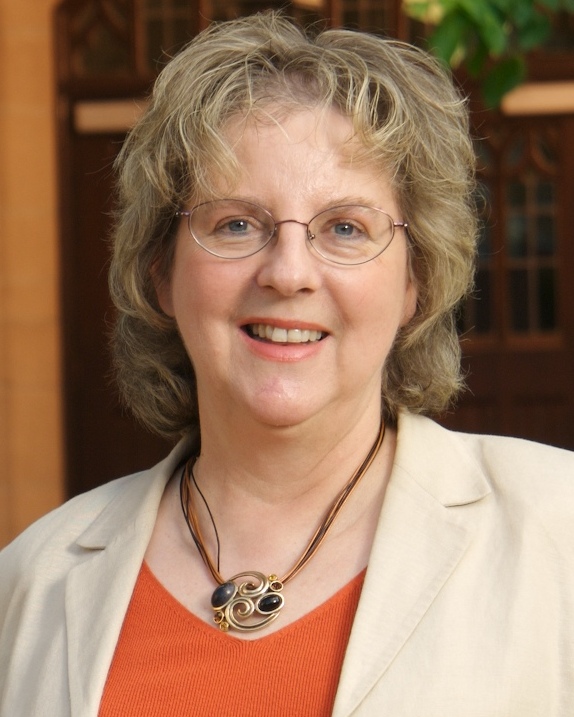Dean’s Message: ‘Yes We Can’: post-election ponderings on making a difference in education
‘Yes We Can’: post-election ponderings on making a difference in education

Dean Emihovich
I write this column after the election of the first African-American man as the 44th president of the United States has taken place. So much has been written already about this historic and quite extraordinary event that it’s difficult to add any new insights, except to say that regardless of one’s political preferences, Barack Obama’s triumph on election night was one that people across the country mutually shared with him. Watching the scenes of intense emotions and tears of joy flashing across the screen in Grant Park in Chicago (ironically, the scene of violent anti-war protests at the Democratic Convention in 1968), I imagine that most Americans felt equally proud that their country once again demonstrated its commitment to the ideals of open access and equal opportunity for all, even as we wistfully noted that achieving these lofty ideals takes far longer than many of us desired.
The University of Florida also celebrates this year its own historically significant occasion as it marks the 50th anniversary of integrating the campus after admitting its first group of black students in 1958. The College of Education has its own story to share as described in the most recent issue of our college magazine, Education Times. There, readers will find the heartwarming story of Daphne Duval-Williams, a 102-year-old alumna who risked myriad slurs and harassment in her quest to achieve the best education possible in the state. Since then, COE has seen a number of other major barriers fall, as African-American faculty were first hired and then tenured, and their numbers steadily (albeit slowly)increased, while African-American students continued to enroll, most notably in counseling and educational leadership programs. Sadly, great progress in some areas has been counterbalanced by slow progress or declines in others; the enrollment of African-American students (as well as Hispanic students) in teacher preparation still lags behind what it should be given the rapidly changing K-12 demographics.
Faculty commitment to incorporating issues of equity and social justice into their research programs and course curricula is an ongoing feature of college life, and the work of the Lastinger Center has been justly lauded for its extensive involvement in high-poverty preK-5 schools across the state. The Alliance program still maintains strong relationships with six high poverty high schools, and is expanding its programs to include schools in Puerto Rico. The College also houses the universitywide College Reach Out Program (CROP), a program designed to bring low-income students in grades 6-12 to campus to encourage their dreams of attending college in the future. PKY has taken the lead among developmental research schools in the state in ensuring that its student population approximates the characteristics of the state, with 44 percent on free and reduced lunch, and offers an outstanding educational opportunity to students of color in the Gainesville area. All of these programs are a direct result of that fateful decision by UF in 1958 to open its doors and heart to students who were previously barred from admission, and whose accomplishments made it possible for others to follow in their stead.
No one naively believes that Barack Obama’s election washes away completely the dark stains of racism and prejudice that have characterized American history since its founding, but it does offer the turning of a new page, the beginning of a new chapter, and the embarking on a new journey toward improving race relations. At its best, education has always been about opening new frontiers of learning, and challenging the preconceptions and misconceptions that prevented students of color from achieving their full potential. The College of Education is deeply engaged at all levels in improving educational outcomes, especially for those most in need, and searching constantly for ways to make a difference in people’s lives. Whether we will succeed can be summed up in the three simple words eloquently stated by our new president-elect – “Yes, we can. “




